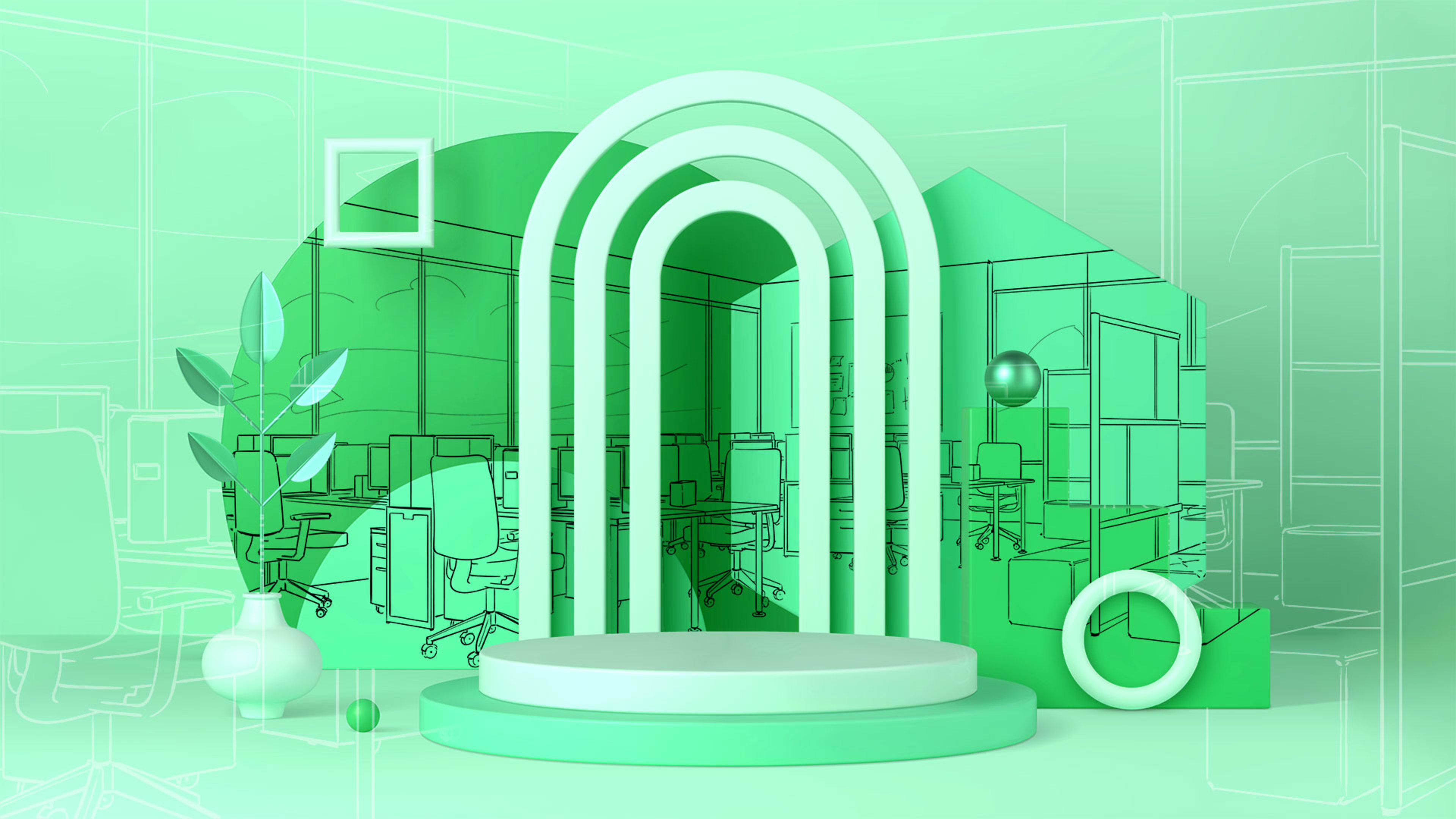The COVID-19 pandemic has wrought an incalculable human toll, both in lives lost and livelihoods destroyed. This crisis has driven millions of women out of the workforce, with Black and Latina women hit the hardest. Remote work and flexible schedules have upended professional life as we know it, turning WFH into the rule rather than the exception. Women bear a disproportionate burden in needing to choose between being present for their careers or for their families.
If there is a silver lining in any of this professional and emotional upheaval, it’s that it presents a unique opportunity to reimagine a workplace that is gender-inclusive and free from the construct of glass ceilings. It’s time to make work work for everyone.
Acknowledge the system
Our contemporary focus on breaking the glass ceiling casts the obstacles faced by women-identifying leaders as a problem that’s our job to solve. This is a mistake. Women will never truly thrive in a system designed to marginalize them, starting from the setback of having to convince others of their worthiness to succeed in the first place.
What we actually need is gender and power-inclusive accountability to understand and address the systemic, pervasive prejudices that got us here. True equity for working women will only happen once we dismantle the foundational structures that hold us back and shut us out.
The modern workplace found its footing in the factories of the early 20th century. It was built by men, for men, and to maximize profit and at the expense of human and ecological capital. This approach has shaped every facet of working life in the United States, from how employees are compensated to the values we prize in professional settings. And it has also oh-so-relevantly created the barriers women face when reaching for management roles, including discrimination, harassment, and lack of support for working families. In spite of these plentiful barriers, more women than ever are graduating from college, earning professional degrees, and securing jobs across industries, and the number of female CEOs in the United States is at a historic high: 8%.
Reimagine and redesign the status quo
That is why at my organization, Mother Superior, we’ve rebuilt our workplace from the ground up—without regard for the concept of a ceiling. A foundational tenet at Mother Superior, a venture and social purpose foundry dedicated to founders traditionally excluded from venture capital, is that all systems are by design, and therefore subject to redesign.
We questioned every aspect of the status quo company’s structure and operations. Our outcomes include:
- Redefine the actual output of the 9-to-5 workweek in favor of four focused, team-aligned days.
- Swap nebulous and performatively progressive unlimited vacation policies for seven paid weeks of structured all-company vacation, centered around summers and holidays for focused family time.
- Simplify and clearly communicate titles and pay bands, demolishing the culture of silence around salaries that exacerbates pay disparities.
- Make work boldly open source to share freely with others.
- Partner when possible and appropriate with value-aligned women-led ventures. Offer every worker flexible hours, full benefits, and stakeholder equity.
In a short amount of time, this foundational redesign has generated exponential impact. Imagine if other enterprises did the same?
Enable stakeholders, not only shareholders
Achieving this transformative change means digging deeper than diversity, equity, and inclusion initiatives. Meaningfully investing in diverse, inclusive professional spaces is nonnegotiable. But women (and let’s be honest, it’s also people of color, immigrants, LGBTQ+, disabled, and basically everyone aside from cisgender-heterosexual white guys) must also have the opportunity to control real wealth and power at scale. We’re aiming for generative, rather than extractive, systems of capitalism that create a virtuous cycle of more shared power, more socioeconomic agency, and more wealth for more kinds of people—right in step with regularly scheduled corporate profit and shareholder returns.
Elevate opportunity enablers, not gatekeepers
Though the number of women leading organizations is higher than ever, they still make up a dispiritingly small fraction of execs in business, law, medicine, academia, and elected officials. The ascension of women into leadership roles is downright remarkable when you consider the obstacles, but those accomplished ceiling-shatterers are anomalies. For every woman who made her way into the boardroom against long odds, how many others never even had the chance?
We must collectively enable more women to insert and assert themselves in positions of influence, whether that’s as elected officials, hiring managers, or venture capitalists. And when there is not a seat at the table for women, we must collectively build a new table.
Questioning the foundations upon which the modern workplace is built is the only way we can understand how to redefine, distribute, and delegate power equitably. Challenging oppressive gender norms will render the glass ceiling obsolete. The next generation of women leaders won’t be expected to smash their way through to the top. They will simply walk through the open door.
Jo Marini is the founder and CEO of Mother Superior.
Recognize your brand’s excellence by applying to this year’s Brands That Matter Awards before the early-rate deadline, May 3.
